 |
Staff Reporter
U.S. President Barack Obama warned Thursday that North Korea will face further isolation if it does not cooperate on denuclearization.
The remark came at a joint news conference after Mr. Obama and his Russian counterpart Dimitry Medvedev signed a new Strategic Arms Reduction Treaty (START) in Prague.
"I believe that our ability to move forward already on sanctions with respect to North Korea, the intense discussions that we're having with respect to Iran, will increasingly send a signal to countries that are not abiding by their Nuclear Non-Proliferation Treaty (NPT) obligations, that they will be isolated," Obama said.
The new START treaty, which replaces the 1991 agreement that expired in December, calls for the two largest nuclear powers to each reduce their number of deployed strategic nuclear warheads from 2,200 to 1,550 and place restrictions on missiles and launchers.
"Those nations that refuse to meet their obligations will be isolated, and denied the opportunity that comes with international integration," he said. He added that "those nations that follow the rules will find greater security and opportunity."
The bilateral treaty now requires ratification from both governments.
Obama also mentioned the Nuclear Posture Review report released Tuesday by the Pentagon which significantly narrows the circumstances in which the United States would use nuclear weapons.
"Earlier this week, the United States formally changed our policy to make it clear that those non-nuclear weapons states that are in compliance with the Nuclear Non-proliferation Treaty and their non-proliferation obligations will not be threatened by America's nuclear arsenal," he said.
The report, however, does leave nuclear attacks as an option against those ― including Iran and North Korea -- who don't live up to their international nonproliferation obligations.
Obama's warning came amid preparations for a high-profile nuclear security summit scheduled to be held in Washington next week. The meeting will see some 40 heads of state discuss how to prevent the proliferation of nuclear materials to non-state terrorist organizations.
The North left the NTP in 2002 in response to U.S. allegations that it had started an illegal enriched uranium program and has since conducted two nuclear tests.
Then, in response the U.N. sanctions imposed for its nuclear test last May, it walked away from the six-party nuclear talks on its denuclearization. The talks are hosted by China and also include South Korea, the United States, Russia and Japan.
U.S. State Department spokesman Philip Crowley, in a press briefing in Washington, D.C. Thursday, urged North Korea to rejoin international efforts on denuclearization.
"We want to see North Korea take further steps towards denuclearization," he said. "We would like to see North Korea re-enter the NPT. We will start our efforts, I think, on May 3rd towards strengthening the Non-Proliferation Treaty. And obviously the best route to do that is through the six-party process."
Crowley was referring to NPT review session scheduled to be held in New York in May. The conferences are held every five years.
The May 2005 session failed to reach an agreement and saw major differences between the U.S. and many countries which complained of a lack of serious disarmament efforts by nuclear powers. The meetings are held every five years.
North Korea has said it will not return to the six-party talks until the United States and other involved parties agree to discuss a peace treaty to officially end the Korean War (1950-1953), which ended in an armistice, and has also demanded the lifting of the U.N. sanctions.
Recent speculation that North Korean leader Kim Jong-il will pay a visit to China in the near future for talks with President Hu Jintao has raised hopes the impoverished country could return to the negotiations in return for renewed aid.
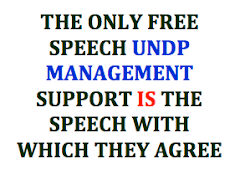


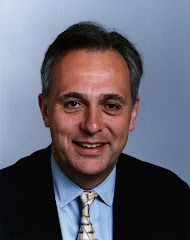
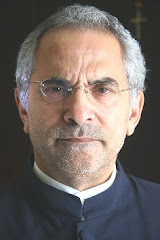

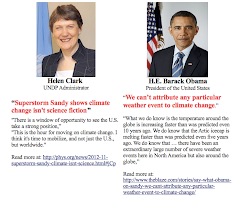














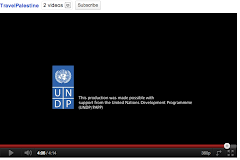

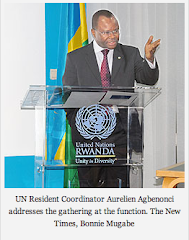



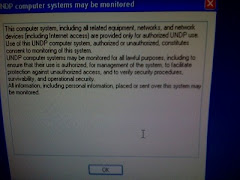

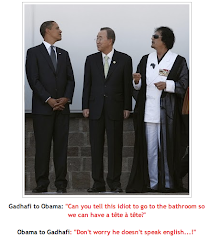
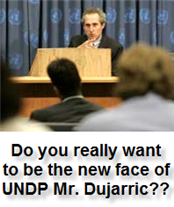





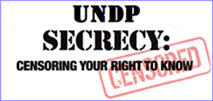
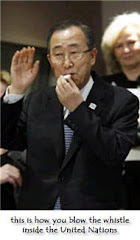
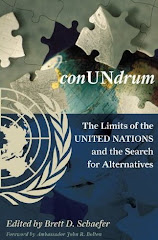

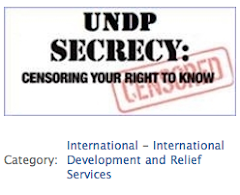
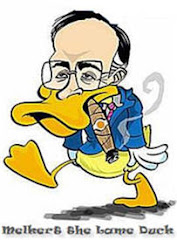


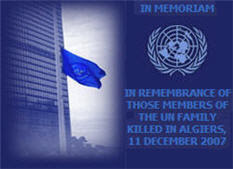


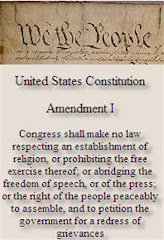
No comments:
Post a Comment